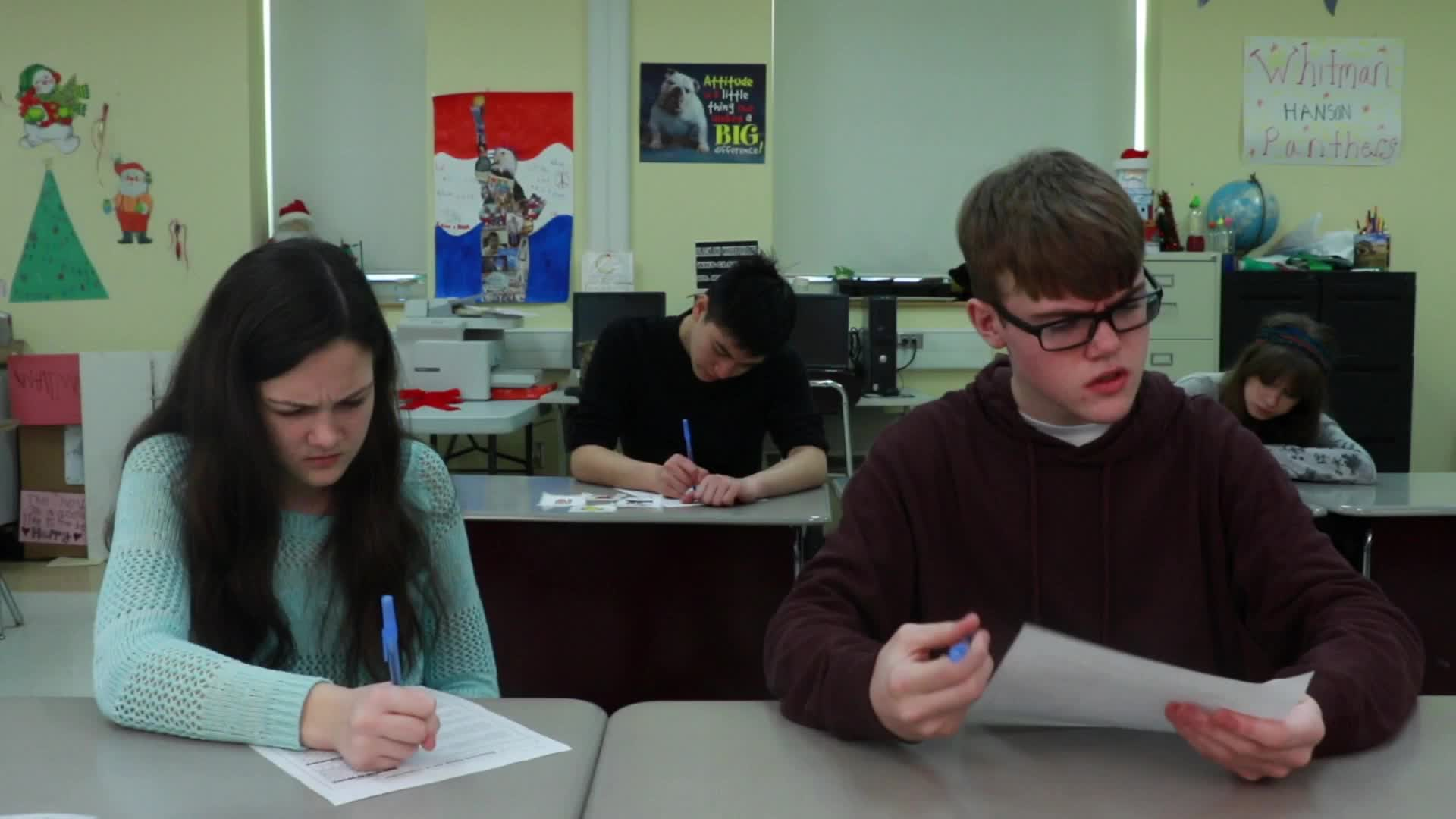
Asking for help is an essential skill that students in Special Education need to develop to overcome challenges and improve their problem-solving abilities. This blog post will present an overview of the skill, a no-prep activity, discussion questions, related skills, and next steps to help educators teach students the importance of asking for help.
Introduction
There are times when we all face challenges and are unsure of how to proceed. This is especially true for students in Special Education who may struggle with various tasks, be it in school or at home. It’s crucial for these students to learn to ask for help when needed. This not only promotes problem-solving but also fosters a sense of independence and self-advocacy. When students learn to express their needs, they can better navigate complex situations and overcome obstacles.
No-Prep Activity
Here is a simple, no-prep activity that educators can use to teach students the importance of asking for help:
- Start by presenting a scenario where a student faces a challenge and needs help. For example, a student is struggling with a math problem and doesn’t know which formula to use.
- Ask the students to think about how the student in the scenario might be feeling and what they could do to solve their problem.
- Guide the students to the idea of asking for help. Discuss the potential benefits of asking for help, such as receiving guidance or support from others.
- Roleplay the scenario, with the educator acting as the teacher and a student acting as the one asking for help. Encourage the student to use appropriate language and tone when asking for help.
- After the roleplay, discuss the outcome and how asking for help made the situation better.
Discussion Questions
Use these questions to stimulate further discussions among students:
- Why is it important to ask for help when we are unsure of how to do something?
- How can asking for help improve our problem-solving skills?
- What are some situations where it might be helpful to ask for help?
- How can we ask for help in a respectful and effective way?
- How does it feel when someone helps us after we ask for assistance?
Related Skills
Besides learning to ask for help, there are other relevant skills that students in Special Education can benefit from:
- Effective communication: Learning to express thoughts, feelings, and needs clearly can help students better navigate social situations and build stronger relationships.
- Active listening: Developing good listening skills enables students to better understand others and respond appropriately.
- Self-awareness: Recognizing their own emotions, strengths, and weaknesses can help students make better decisions and advocate for themselves.
- Collaboration: Working well with others, sharing ideas, and contributing to group tasks can help students achieve common goals and develop a sense of belonging.
Next Steps
Teaching students to ask for help is a crucial skill that can improve their problem-solving abilities and overall well-being. To explore more activities and resources for teaching this skill and others, sign up for free samples at Everyday Speech. These materials will provide you with practical tools to support your students’ social-emotional development and help them thrive in various settings.









